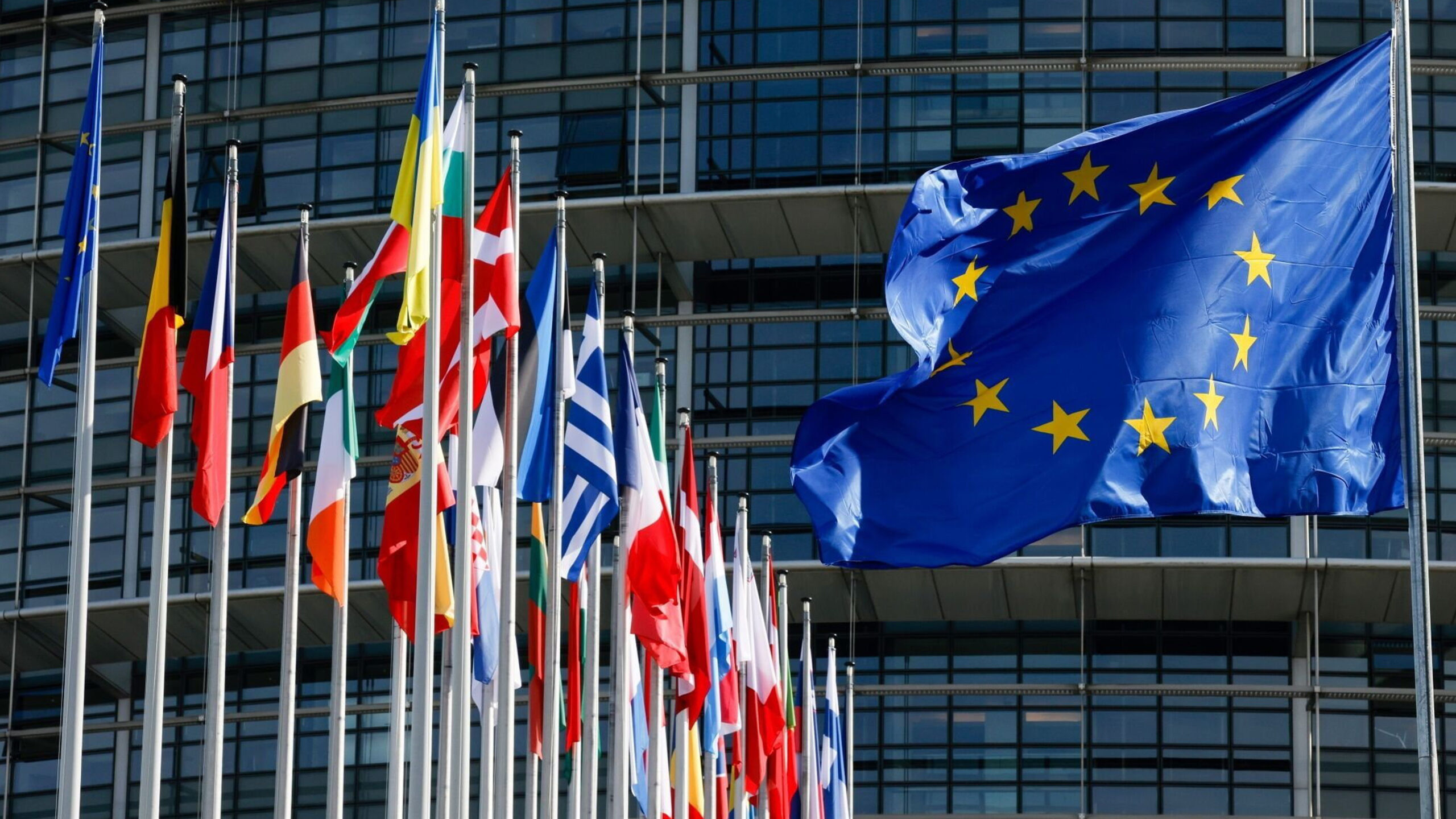

The latest edition of our Sustainable Views newsletter
Dear reader,
A leaked version of the proposed strategic agenda for the EU 2024-2029, seen by Sustainable Views, suggests climate change and nature restoration are not front and centre of Europe’s policymakers’ minds as they prepare for a likely shift to the right in the European parliament elections. The priorities for the coming four years are expected to be discussed at a summit next week before being formally adopted in June.
The leaked document is organised under three main headings: a strong and secure Europe; a prosperous and competitive Europe; and a free and democratic Europe.
Under a “prosperous and competitive Europe”, the document pledges to: promote innovation and research, including in the field of defence and to accompany Europe towards climate neutrality; to increase energy independence by accelerating the energy transition and building an energy union; to decrease strategic dependencies and raise resilience by developing a more circular and resource-efficient economy; and to support the industrial development of digital and clean technologies.
Climate is only mentioned in a vague call to “prepare for the new realities stemming from climate change”, while farming is included with the promise to “ensure our food security through a vibrant agriculture sector”. EU and international commitments to protect and restore nature or reduce pollution are absent from the document, which is causing consternation among environmental and climate campaigners.
They are already deeply concerned about the recent watering down of the EU Corporate Sustainability Due Diligence Directive, failure to approve the Nature Restoration Law, likely delay to anti-deforestation rules, and weakening of environmental demands on farmers, all in the face of record levels of warming and continuing loss of species and habitats. Many fear certain rightwing politicians are using the rise of the far-right in some countries as an excuse to try to dismantle the EU Green Deal.
“It is truly shocking and disheartening to see this plan to all but abandon nature and climate action after the elections,” says Tycho Vandermaesen, policy and strategy director at the WWF European Policy Office. “This completely disregards the existential threats these crises pose to our societies, and flies in the face of science.”
Faustine Bas-Defossez, director for health, nature and environment at the European Environmental Bureau, describes the “disappearance of the fight against air and water pollution, as well as the absence of the promotion of sustainable agriculture” as “deeply troubling”. She adds: ”By prioritising ‘food security’ over sustainability in agriculture, EU leaders are ignoring the reality that climate change and natural disasters pose the greatest threats to our food security.”
The EU does not operate in a vacuum, however, and yesterday’s win in the European Court of Human Rights by a group of Swiss women of a certain age could set a precedent for how all EU countries and the UK could be held accountable for their climate actions in relation to human rights. As Claudia writes, in a landmark ruling, the ECHR found the women’s right to respect for private and family life, and their right of access to court, had not been upheld by Switzerland’s climate policy and regulations.
Elsewhere, non-profits, including Reclaim Finance, the Rainforest Action Network and the Sierra Club are calling on the biggest bondholders in oil and gas major TotalEnergies, along with banks that have underwritten or facilitated some of the company’s bonds, not to participate in new debt financing for the French company.
A survey led by the We Mean Business Coalition and the Race to Zero, meanwhile, reveals a majority of smaller companies say “taking climate action” enhances their reputation and brings a variety of other benefits, but they need support to increase climate action.
Indeed, help — in the form of investment or intelligence — around climate change and the transition is the focus of various reports published in recent days. The member-based European Round Table for Industry suggests the EU’s energy infrastructure needs investment of €800bn by 2030, rising to €2.5tn by 2050, while a report by the Climate Governance Initiative says just a third of company directors think their boards view climate as a high priority, citing a lack of sustainability knowledge among those at the top of the corporate tree.
Finally today, we dive into the OECD’s data and its call for climate resilience to be “mainstreamed into planning to ensure that infrastructure can withstand future climate-related risks”.
Until tomorrow,
Philippa
Philippa Nuttall is the editor of Sustainable Views
Similar Articles

Editor’s note: inconvenient truths

Editor’s note: winds of change


